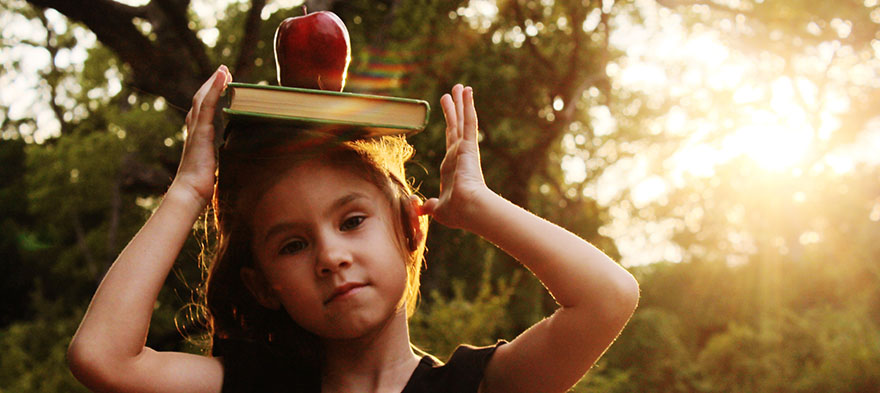
May 21, 2018 12:00:00 AM
Many public school districts are seeking to expand or launch voluntary summer learning programs, especially for children from low-income families. These children experience setbacks over the summer compared to their more affluent peers. Most studies have found that students from low-income families learn less during the summer than do students from higher-income families. Plus, if students do experience summer learning loss, those from low-income neighborhoods experience larger losses over the summer compared to students from wealthier neighborhoods. Students from low-income communities also face an opportunity gap—they are less likely to have access to enriching, non-academic experiences than students from higher-income communities. Voluntary summer learning programs that offer a mix of academics and fun enrichment activities can help address these disparities, potentially helping students from low-income families achieve better academic and social-emotional outcomes.The students who were invited to our program in a Chicago suburb had struggled academically (and behaviorally) during the school year and the hope was that a different model of learning—something fun in a classroom but more self-directed and less focused on benchmark tests—would help them re-imagine what school could be for them. But it’s hard to reimagine a summer of fun when you land in the same school building you just left a few weeks earlier—and when you don’t feel you don’t have much of a choice in whether you go or not. Districts can call these programs “voluntary,” but the subtext is clear: If your kid is struggling academically, they are expected to attend. We didn’t anticipate how much we needed to unpack the baggage of summer school and how hard it would be to do that in a school building with familiar teachers and classmates. We knew we were creating a warm, welcoming culture and helping students develop relationships with teachers, youth counselors and peers from neighboring schools. We also knew we couldn’t rebuild trust overnight—not in a week, or two weeks or even a month—especially among students who already didn’t feel great about school. The Wallace report offered some other valuable advice to districts and programs trying to address summer learning loss:
Tracy Dell’Angela is a writer, education nonprofit executive director and a mom passionate about education improvements. Previously, Tracy was Director of Outreach and Communications for the Institute of Education Sciences (IES) at the U.S. Department of Education in Washington, D.C. She came to IES from the University of Chicago Consortium on Chicago School Research, which produces research that drives improvement in Chicago and nationwide. She also served as Senior Project Director for 100Kin10 at the University of Chicago and was Director of Program Investments and Partnerships for the Chicago Public Education Fund. Tracy spent most of her career as an award-winning newspaper journalist, including 12 years at the Chicago Tribune as an education reporter covering national policy and the Chicago Public Schools. A Californian by birth but a Chicagoan in spirit, Tracy attended University of Chicago as a master's student in social sciences and earned a B.A. in journalism and political science from San Diego State University.
The story you tell yourself about your own math ability tends to become true. This isn’t some Oprah aphorism about attracting what you want from the universe. Well, I guess it kind of is, but...
If you have a child with disabilities, you’re not alone: According to the latest data, over 7 million American schoolchildren — 14% of all students ages 3-21 — are classified as eligible for special...
The fight for educational equity has never been just about schools. The real North Star for this work is providing opportunities for each child to thrive into adulthood. This means that our advocacy...
Your donations support the voices who challenge decision makers to provide the learning opportunities all children need to thrive.
Ed Post is the flagship website platform of brightbeam, a 501(c3) network of education activists and influencers demanding a better education and a brighter future for every child.
© 2020–2024 brightbeam. All rights reserved.
Leave a Comment